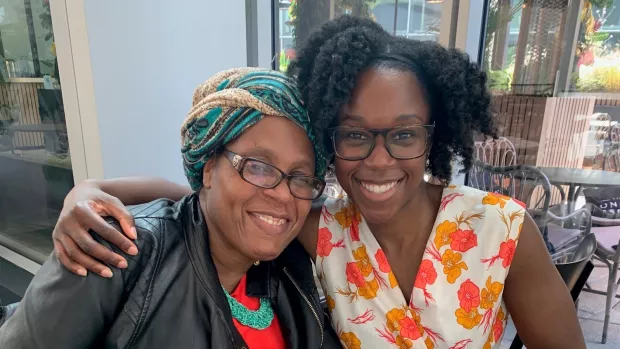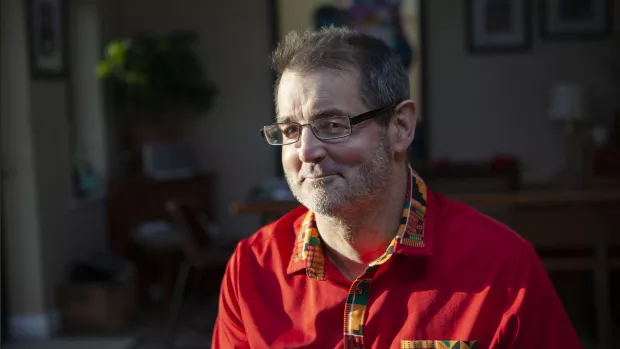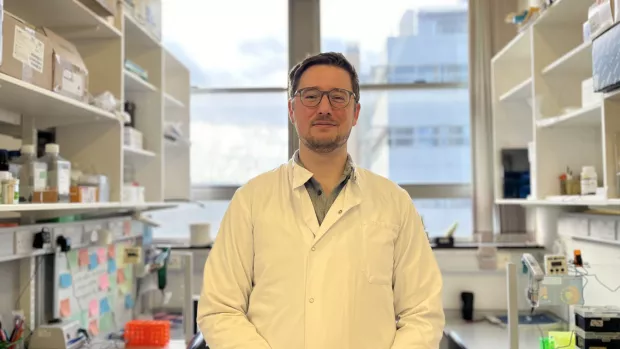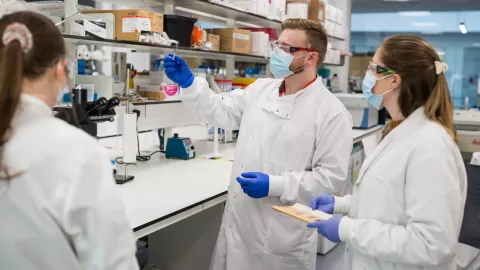
Launching the MS leaders of tomorrow
We spoke to five researchers to find out what they got up to with their Skills Development Award, which gives a boost to MS researchers early in their career.
In 2022, we launched a new type of research funding to help people just starting their careers in MS research. Our Skills Development Awards support early career researchers to learn new skills and techniques and help them start something amazing.
Dr Sara Collorone
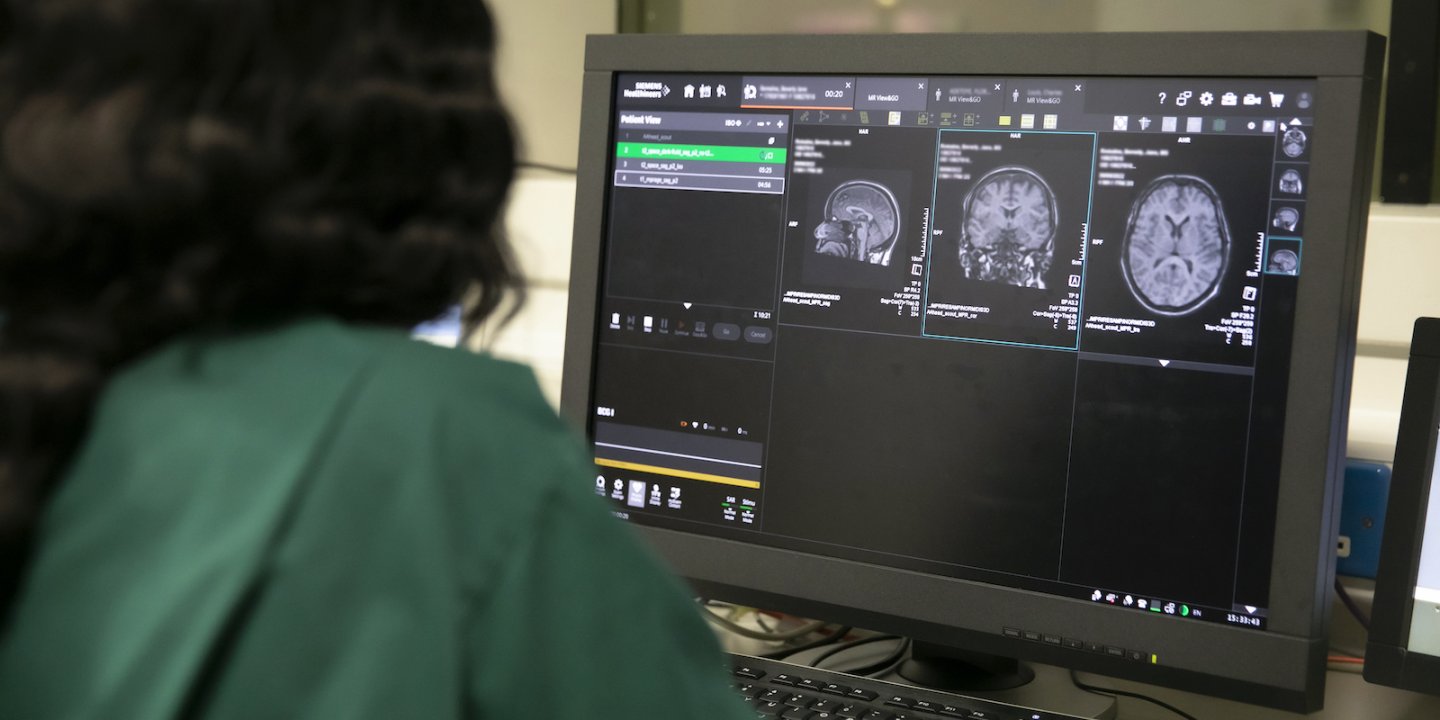
Dr Sara Collorone is a postdoctoral researcher at University College London. She’s using MRI to look at the brains of people with MS. Sara travelled to another lab to learn a cutting-edge MRI technique called SPACE-MS. SPACE-MS lets researchers look at changes in the size and shape of lesions in MRI scans. She'll use this technique to study changes in lesions over time and understand how they link to disability progression.
The Skills Development Award allowed me to visit state-of-the-art facilities to learn from MRI experts. And add a ground-breaking technique to my skillset.Dr Sara Collorone
Dr Blanca de Dios Perez
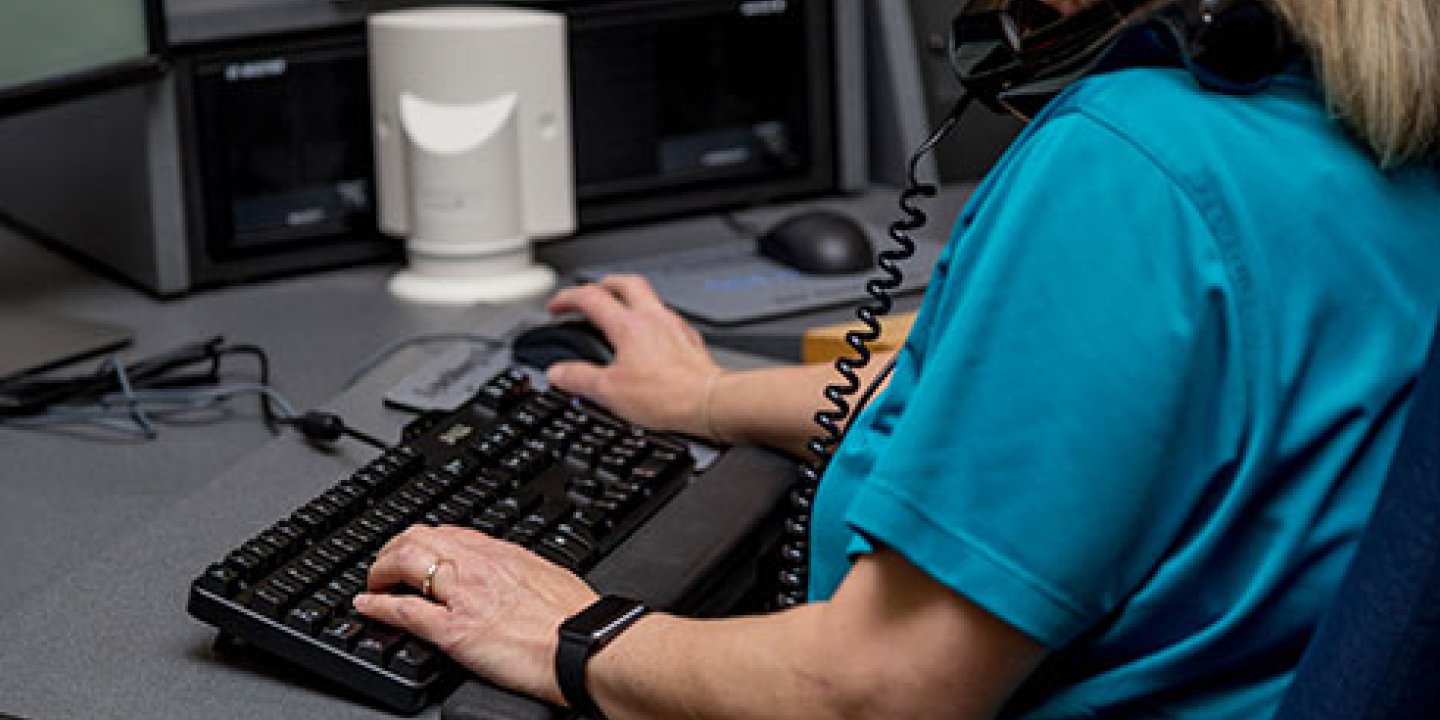
Dr Blanca de Dios Perez is a postdoctoral researcher at the University of Nottingham. She’s developing programmes to help people with MS remain in work as long as they’d like. Blanca took part in an expert-led masterclass. She’ll use the knowledge learned in the masterclass to make her research available across different settings, like the NHS. She hopes this means more people with MS are able to access the programme.
Since the masterclass, I’ve used my knowledge to improve the design of my current research project. And I’ve worked with other researchers on the implementation components of their research to help people with MS.Dr Blanca de Dios Perez
Kelechi Nwite
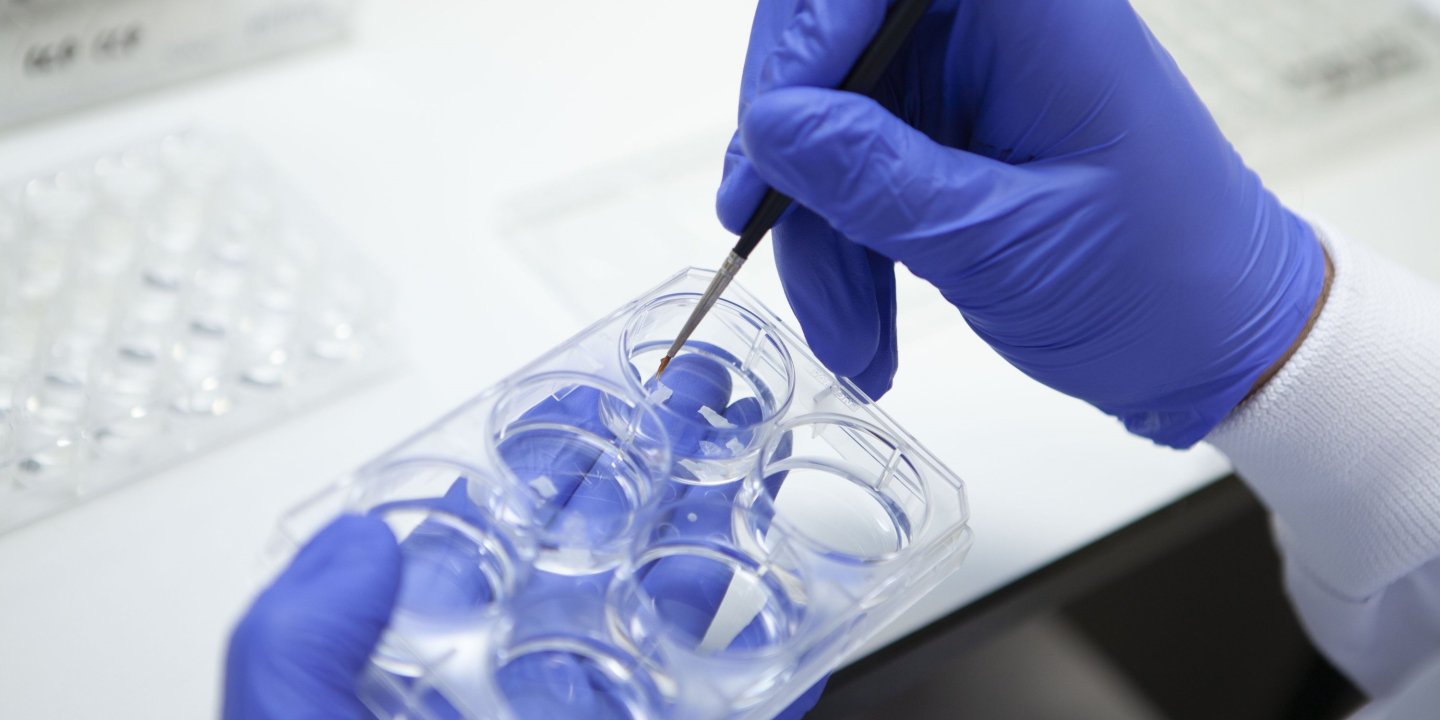
Kelechi Nwite is a PhD student at King’s College London. His research is helping us understand how changes in the behaviour of nerve cells might be linked to the loss of myelin in MS.
Kelechi visited another lab to learn a technique called electrophysiology. Now, he can measure the electrical activity of individual nerve cells in a dish. He hopes that this will improve our understanding of myelin loss. And one day could help us develop new treatments for MS.
Dr Daniel Griffiths-King
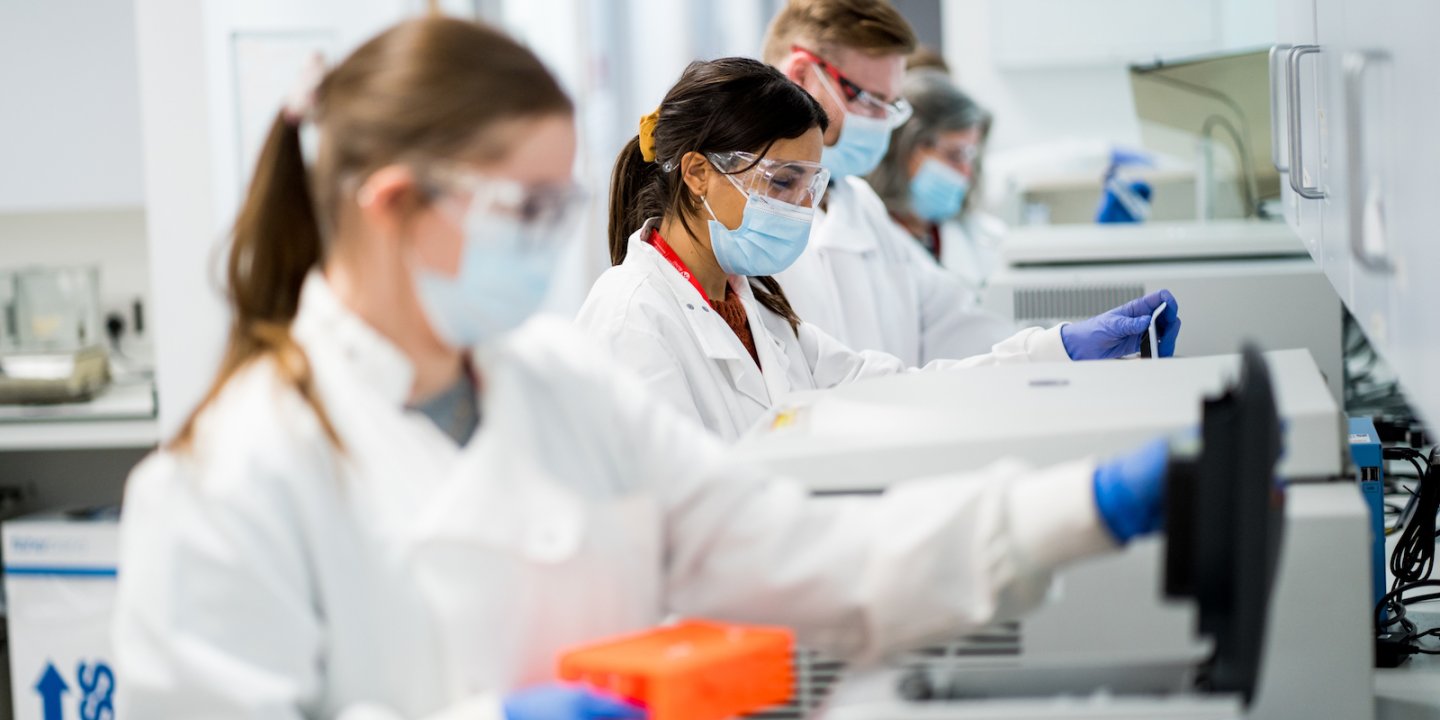
Dr Daniel Griffiths-King is a postdoctoral researcher at Aston University. He researches conditions which cause myelin loss in children, including MS.
Daniel visited other labs to learn a new way of measuring brain activity. He now wants to adapt it so it’s suitable for children with MS. He hopes that measuring brain activity in this way could help understand how MS affects people’s cognition. And lead to better long-term management of their MS.
Dr Gary McEwan

Dr Gary McEwan is a post-doctoral researcher at Queen Margaret University. He’s researching how exercise can improve health and wellbeing for people with MS. He’s exploring how frame running could help people with MS who experience difficulty with walking.
Gary used the funds to learn techniques that’ll tell him more about the nerves and muscles involved in physical activity. Now, he hopes to link this new understanding to the balance problems and exercise-induced fatigue in people with MS.
The knowledge and skills I’ve learned have changed how I’ll approach carrying out exercise interventions with people with MS. And will improve the quality of my future research.Dr Gary McEwan
Bringing new knowledge and skills into MS research is essential for making ground-breaking discoveries. By supporting early career researchers, we're growing a skilled and diverse workforce that will produce tomorrow’s leaders and future findings.

